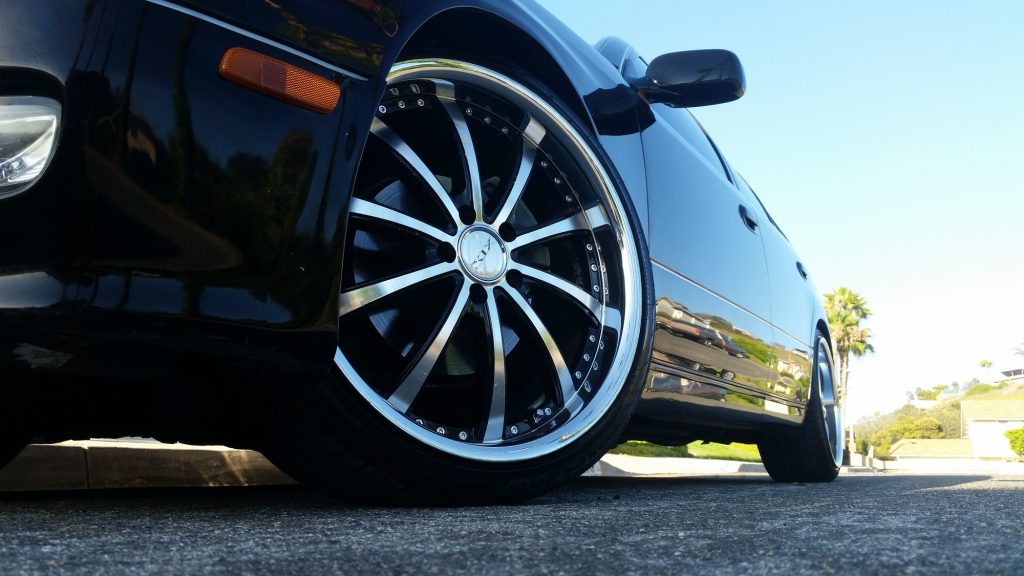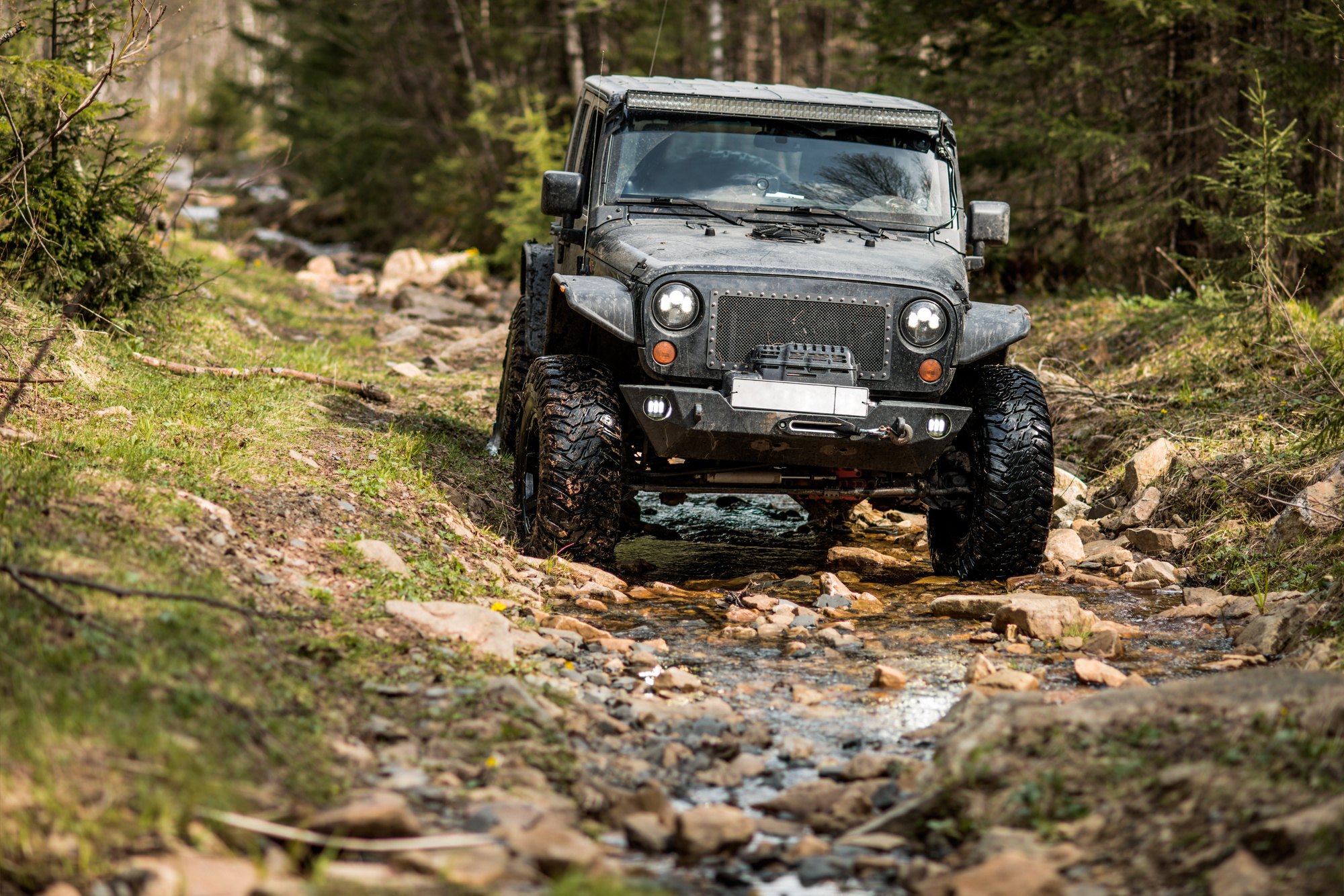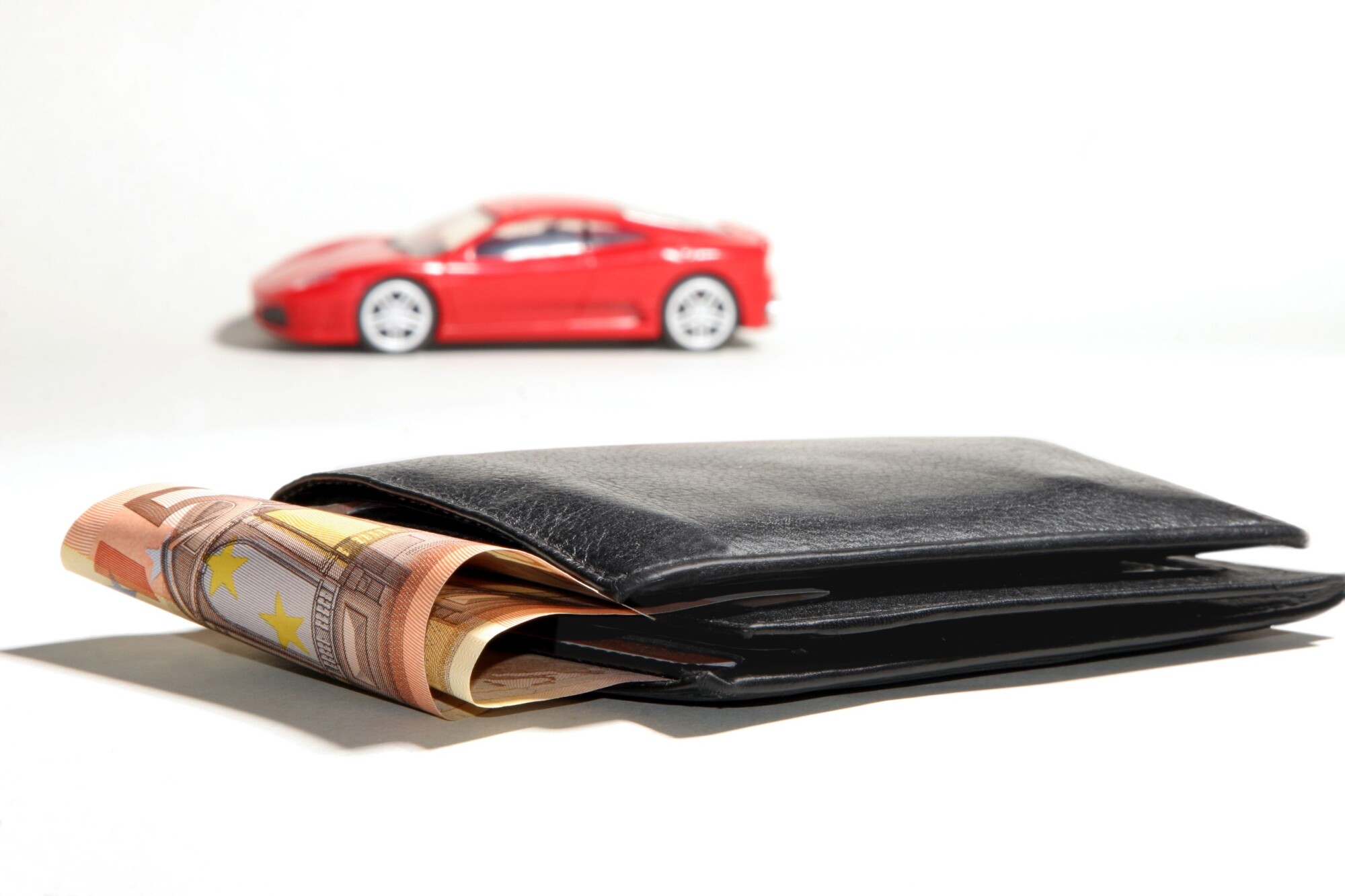
If you’re planning the perfect car customization project, it should include some sick wheels. Doing research on designs are important, but you also need to know the pros and cons of cast wheels vs forged wheels. This seemingly simple choice could change your results dramatically.
Don’t make the mistake of arbitrarily choosing wheels for your car customization. You could regret your decision. Read on to find out all about cast vs forged wheels.
Cast Wheels
During the process of making cast wheels, molten aluminum is poured into a mold to create a cast wheel to create the shape. It then cools and hardens. After this stage, it’s drilled and trimmed.
There is one flaw with casting wheels, and that is porosity, which is the space inside the material after it cools. Porosity creates weak points in the structure but the process itself allows for fast, cheap manufacturing on a mass scale.
Real-World Difference
For every pound of wheel weight, you’re essentially adding 10 pounds of weight to the vehicle. This is due to the wheels being below the springs of your car, and the rotating mass. If you take 10 pounds off the wheels, it would be similar to removing 100 pounds out of your trunk.
Although cast wheels sometimes get a bad rap among certain enthusiasts, it isn’t the worst choice of all car customization ideas. Cast wheels can withstand street use, but you should avoid heavy track use. If you end up with a low-quality product, such as a replica, you could end up in a nasty crash.
Heavy
You might assume that a high-quality cast wheel could suffice for your custom car, but this will just be a heavier product. Although you could use them on the track, these cause their own set of problems and are less-than-ideal car parts. You’ll sacrifice speed, fuel efficiency, and maneuverability.
Forged Wheels
In this forged wheels guide, you’ll learn about machine forging and mold-form forging. Forged wheels are lighter and offer higher vibration absorption than cast alloys. Other general benefits include increased strength and longevity, however, they do cost more than cast wheels (approximately $2,000 vs $10,000).
Machine Forging
Almost every forged wheel out there was made using “machine” forging. The process involves subjecting a large billet of metal to high pressure and heat. The result is a stronger, more compressed form of the original billet, which is then machine cut into the desired shape.
Mold-Form Forging
This process uses the metal’s own natural flow to help them mold into shape. The resulting product is a lot stronger since a large machine applies around 10,000 tons of force to the metal. The shape is created while pressure is applied, reducing weak points, which you may want to consider while car building.
Which Is the Right Wheel for Your Car Customization?
Consider them both quality choices. It all depends on what you’ll be doing with your customized car and how much green you want to spend. If you want the best of the best, choose forged wheels for your car customization.
Did you enjoy this article? If so, check out more on our blog!




